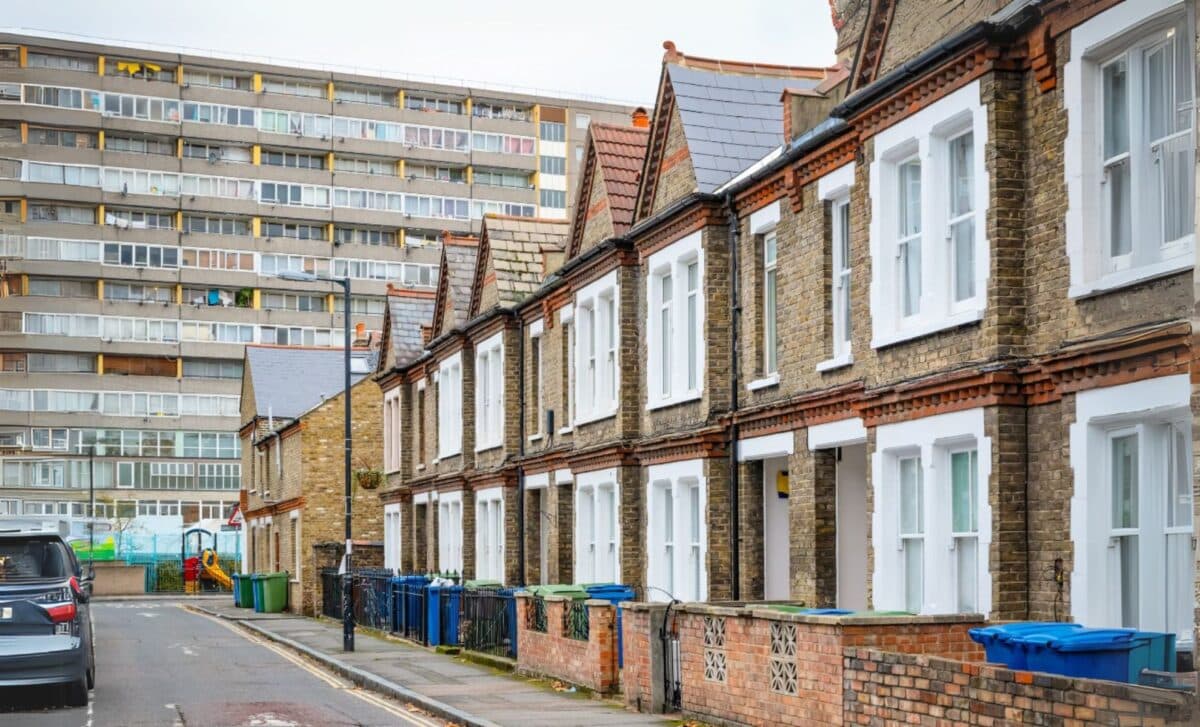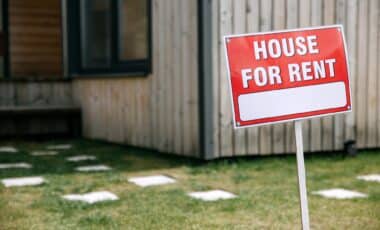The centuries-old leasehold system in England and Wales is set to be abolished, bringing major changes to property ownership. The government has outlined plans to phase out the model, which applies to around five million homes.
The Guardian reports that the reforms aim to tackle concerns over escalating costs, service charges, and homeowners’ limited rights. While details of the transition remain under discussion, officials emphasise that the shift towards a new ownership structure will have lasting implications for leaseholders across the country.
Leasehold System and Its Historical Roots
The leasehold system has been in place for centuries, originating from feudal England. Under this arrangement, property owners purchase leases on homes but do not own the land on which they are built.
Instead, they pay ground rent and other fees to a freeholder, who retains ownership of the land. Critics have argued that this system treats leaseholders as “second-class homeowners”, limiting their rights and financial security.
Housing Minister Matthew Pennycook has emphasised the need for reform, stating that the leasehold model is inherently unfair and has remained largely unchanged for centuries.

The government plans to transition towards commonhold ownership, a system where property owners collectively manage their buildings without a freeholder.
Key Reforms and Legislative Changes
The government has outlined a series of steps to phase out leasehold arrangements and implement commonhold as the new standard for property ownership. A white paper on commonhold will lay the groundwork for a draft leasehold reform bill, which is expected to introduce significant changes.
Among the key measures, new leasehold developments will be banned, ensuring that future flats are sold under commonhold and preventing developers from imposing restrictive contracts. Homeowners will gain greater control over their buildings, eliminating the service charges currently imposed by freeholders.
The process for leaseholders to purchase their freeholds will be simplified, reducing excessive fees and making ownership more accessible. Additionally, the government plans to introduce fairer management rules to ensure that those transitioning to commonhold are not burdened with unnecessary administrative complexities.
Challenges and Concerns Over Implementation
While the government has committed to ending leasehold, some campaigners and MPs have expressed concerns about the pace of reform. Previous efforts, including those led by former Housing Secretary Michael Gove, faced setbacks and delays due to legal complexities.
Leasehold reform groups have called for faster action, criticising the government for what they see as slow progress.
Some measures introduced under Gove’s tenure have yet to be fully enacted, including a standardised formula to determine how much leaseholders should pay to buy out their leases.
Pennycook acknowledged these frustrations, stating that while speed is important, “rushed legislation could leave loopholes” that would allow freeholders to resist change. The government aims to balance urgency with legal precision to ensure lasting benefits for homeowners.
The Transition to Commonhold
With the planned abolition of leasehold, commonhold ownership is set to become the default model, enabling flat owners to collectively own and manage their buildings without dependence on a freeholder.
However, resistance from mortgage lenders and developers remains, as they argue that clearer regulations are necessary to prevent financial and management issues. To address these concerns, the government plans to introduce stricter rules on commonhold property management.
This will include the establishment of new governance structures to oversee building maintenance and finances, ensuring a more transparent and accountable system. Additionally, cost distribution will be restructured so that only those benefiting from specific amenities contribute to their upkeep, reducing unnecessary financial burdens on homeowners.
Another key reform focuses on boosting lender confidence, encouraging mortgage providers to support commonhold purchases by implementing safeguards to prevent buildings from falling into disrepair, addressing concerns that have long been associated with the leasehold system.
Pennycook has also acknowledged growing frustration among leaseholders regarding the slow pace of reform, highlighting that many continue to suffer under exploitative freeholders.









